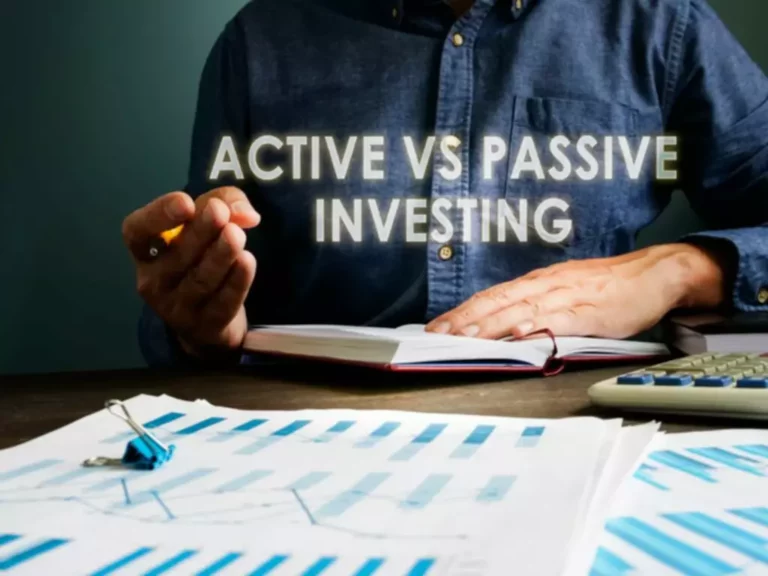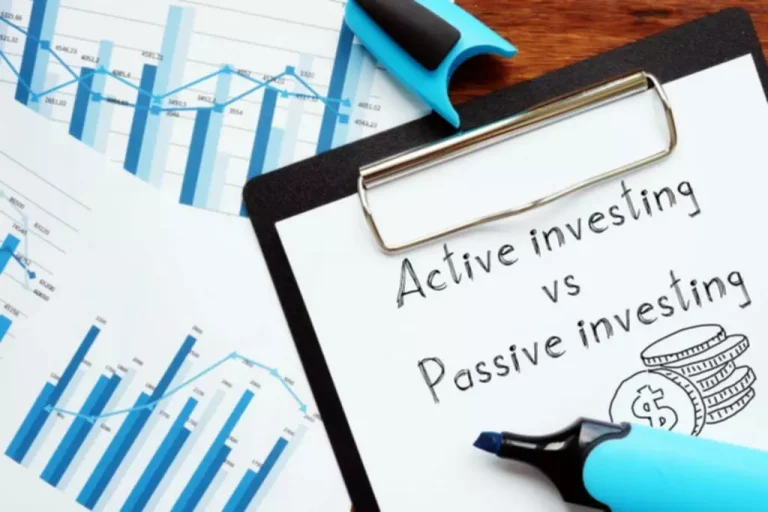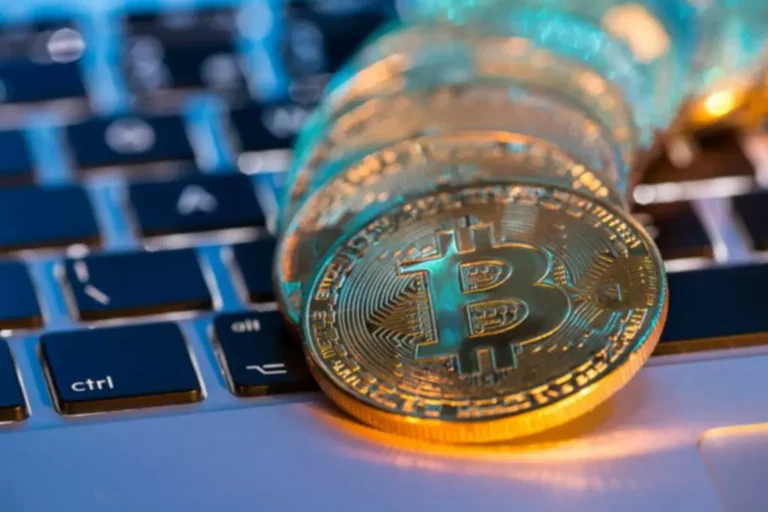The most typical kind of institutional investor, mutual funds represent Anti-Money Laundering (AML) pooled funds from numerous people and organizations which might be used to purchase securities, usually fairness, actual estate, and private debt. They are run by skilled portfolio managers and represent a standard way for people to take a position their disposable cash with out having to master investing. Well, like we mentioned, institutional investors buy and sell monetary belongings on behalf of their shoppers. However, institutional investing is different from common retail investing in several features. As organizations specializing in investing, institutional buyers have resources and information about the market that remain unavailable to retail traders.
Can Retail Traders Be Taught The Institutional Buying And Selling Strategy?

Once pension funds’ shoppers retire, they turn into beneficiaries of the fund and draw a month-to-month pension from the pooled funds. Considering everything, it is safe to assume that institutional buyers are far more sophisticated and influential on a worldwide scale than retail buyers. Investors may also get tax perks, making these platforms even more appealing. This combine of advantages is why institutional trading platforms are key for small and medium-sized companies seeking to develop.
Founded in 1862, it is the largest European-based wealth supervisor and investment bank catering to high-net-worth people, teams, and institutions. Insurance corporations additionally pool funds within the form of premiums so as to protect shoppers from various dangers and meet potential future liabilities. These premiums, nevertheless, don’t sit idle but are invested by the companies to earn a revenue and supply for future claims.
- For example, the Medallion Fund led by Jim Simons makes use of particular algorithms to position trades to keep away from slippage and not to move markets.
- These shifts are precipitated by groundbreaking technological advancements that enable stronger market evaluation and facilitate trade executions with unparalleled alacrity.
- The rebalancing of the index is nothing but maintaining the portfolio balanced by modifying the monetary devices in the portfolio in such a means that the chance stays kind of the identical over a interval.
- Considering every little thing, it’s secure to imagine that institutional buyers are rather more sophisticated and influential on a worldwide scale than retail buyers.
- That said, there’s an ongoing debate concerning the moral concerns and institutional market manipulation launched by algorithm buying and selling.
Nevertheless if a person is driven about turning into an institutional trader and is prepared to face the challenges one can do wonders in this job position. In 2024, Riot amplified its deployed hash fee by 155%, outpacing the network’s hash rate progress of 52%. Additionally, the company elevated its bitcoin holdings by 141% to 17,722 by the top of 2024, resulting in an increase of 39% in bitcoin yield per share. The firm plans to reinforce this metric to learn its shareholders repeatedly. Riot recently stopped the development of its 600 MW Phase II Bitcoin mining expansion at its Corsicana facility, whereas existing mining operations will remain in place. This determination impacts Riot’s previously introduced complete self-mining hash fee capability development and associated capital expenditures for 2025.
Risk and reward are in direct proportion, which means institutional trading firms larger threat comes with larger potential rewards. Institutional traders, subsequently, conduct comprehensive analyses of their portfolios to reach a comfortable value-risk ratio, diversifying to mitigate losses in a single business with features in another. This broadly used platform offers real-time information, news, analytics, and execution instruments for a variety of investment products, catering specifically to the needs and necessities of funding professionals. Investment banks additionally offer services such as underwriting, the place they buy shares from an issuer and then resell them to the public. This permits corporations to lift capital for brand spanking new projects or expansions.

Although you would possibly find a quantity of sources to study institutional buying and selling for becoming one, we have shortlisted and compiled some of them for you to discuss with. The resources we have mentioned under are useful with regard to equipping one with the required knowledge for institutional trading apply. Most of the institutional merchants https://www.xcritical.com/ maintain a bachelor’s diploma or larger. But, if you’re looking to turn into a professional institution dealer working in a high-level position, you want a Masters diploma. Using various factors, buyers can generate higher returns, reduce risks and enhance the diversification of the portfolio. Institutional traders are topic to strict rules and compliance applications that monitor their trading actions to stop insider buying and selling.
Distinction Between Institutional Trading And Retail Buying And Selling
The greater entry to data with institutional trading can also create points with processing all of the out there info. Chicago-based Tastyfx is a rebranded foreign exchange dealer under IG Group, a London-headquartered firm that dates back to 1974. This makes Tastyfx one of the oldest and most skilled forex trading brokers.

If you’re contemplating getting into institutional forex trading, here’s what you have to learn about institutional forex brokers and the most effective institutional trading platforms for forex trading. The majority of the institutional gamers make their strategies with other aims than the standard retail investor. Another thing about institutional merchants is that they select the sort of shares (or markets) they trade — they usually focus on higher-cap shares, as they have extra liquidity.
Balancing Threat
An obvious exception is foundations, which are charities shaped to fund other charities. Their funds come by way of endowments or donations from firms and wealthy individuals, which are then invested, often into low-risk monetary assets for long-term features. These platforms have a big impact on markets like Forex and fixed-income. As expertise and investor wants change, these platforms must keep up.
In the United States, the rules for pension funds are set out by the Employee Retirement Income Security Act (ERISA). That said, they can nonetheless make investments a minor portion of their property in unique markets, like personal fairness and mutual or hedge funds. To start with, institutional investors have much more funds at their disposal than retail investors. They trade in a lot larger volumes, typically shopping for stock in bulk, 100 or thousand times more than the average number of shares a retail investor would trade. Due to sheer scale, their transactions significantly affect the rest of the market.
Optiver, based in Amsterdam in 1986, is probably certainly one of the oldest and largest market making companies in the monetary sector. The company, which has almost 2,000 workers in 11 places of work, offers liquidity to institutional buyers across the options, derivatives, money equities, ETFs, bonds and foreign exchange markets. DRW is probably considered one of the largest trading and market making companies, executing 1 million trades per day. With a staff of roughly 2,000 employees, DRW uses modeling, proprietary trading software and quantitative research to supply liquidity across a selection of markets, like ETFs, options, futures and commodities. The agency, which was based in 1992, has additionally launched subsidiaries within the cryptocurrency, venture capital and real property markets. Due to the large volumes of trades that institutional merchants execute, they’ve a significant impression on market prices.
It is crucial, due to this fact, for traders of all scales to comprehend the burgeoning dynamics that institutional behaviors engender in navigating the frequently reworking market enviornment. Transitioning from a retail trader to a successful institutional dealer involves sure conditions, significantly in relation to educational qualifications. A strong institutional trader career often requires a stable basis in financial training paired with eager analytical abilities to observe and enhance trading performance. Notably, inside an institutional context, job alternatives are, to a big extent, influenced by one’s academic background and hands-on experience in monetary markets.

